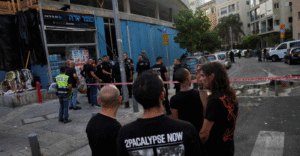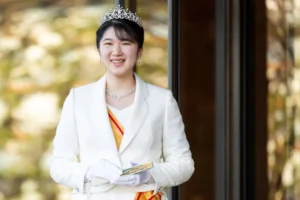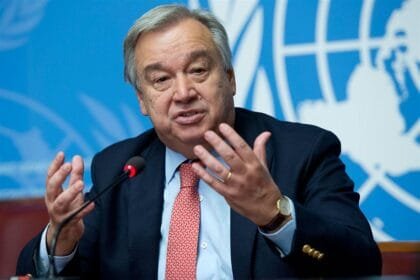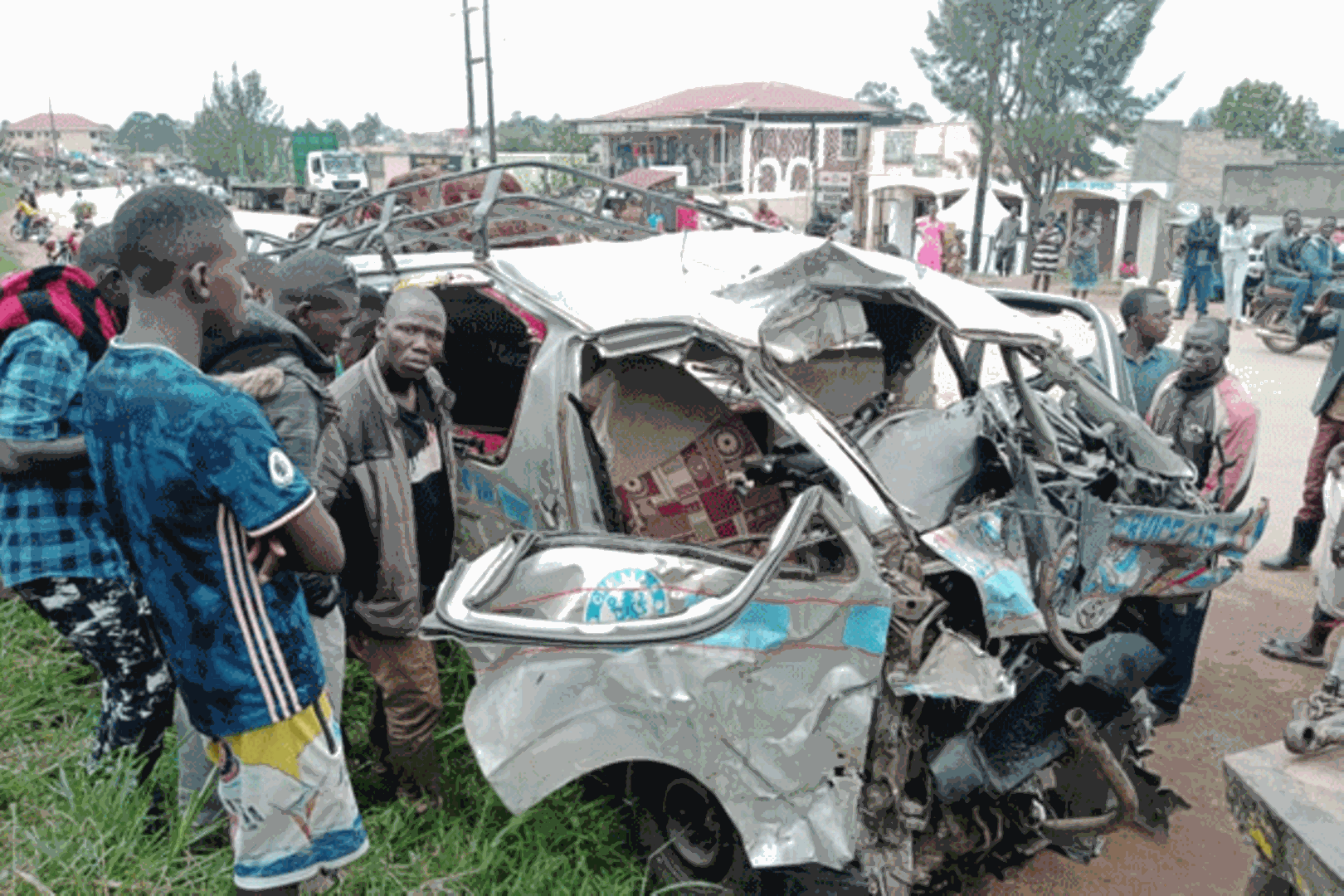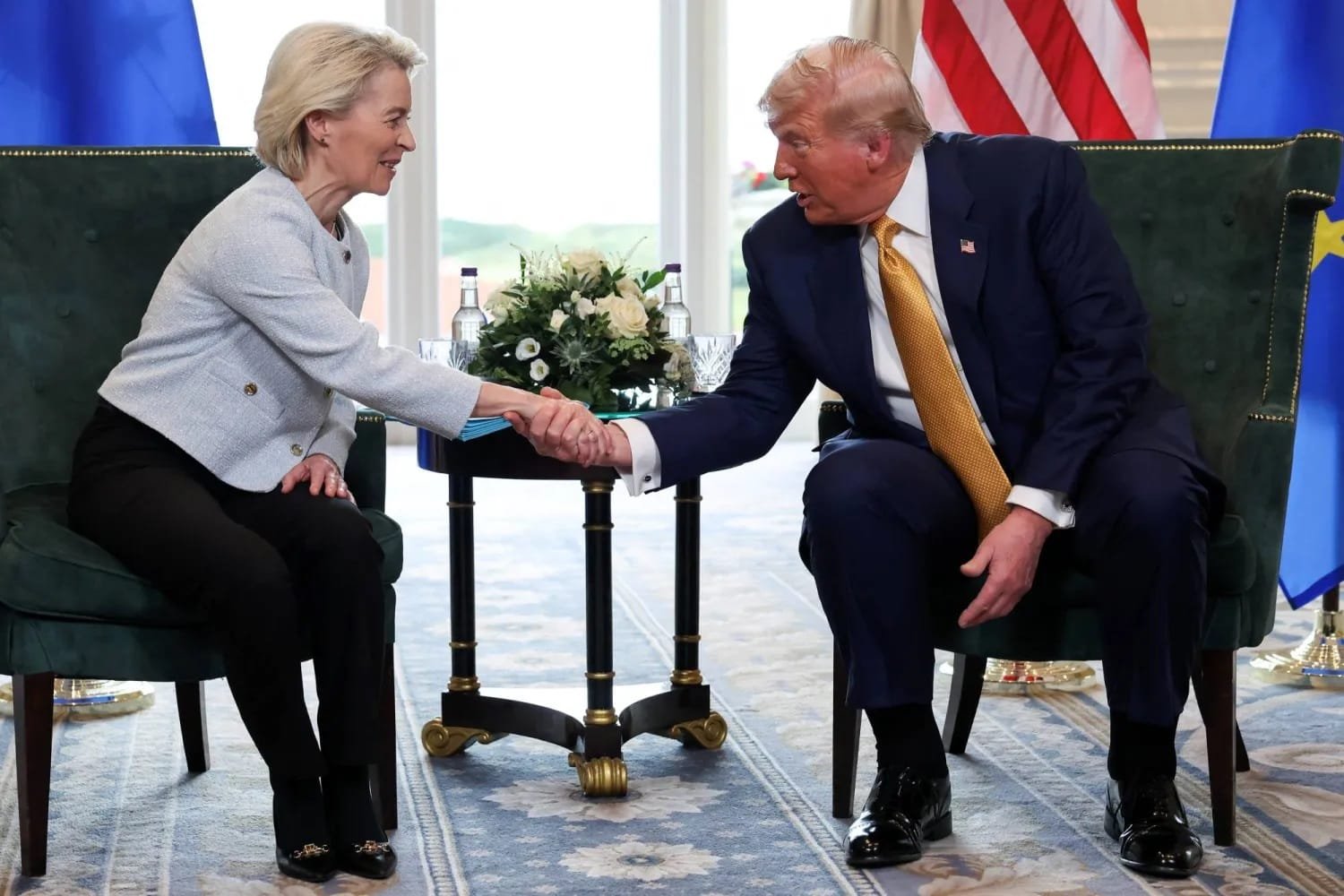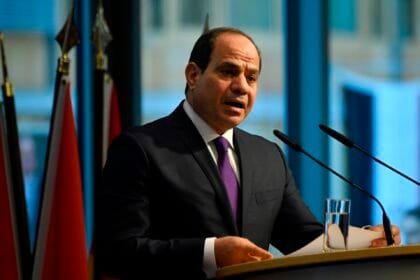Tehran, Iran – The deaths of three women in Iran’s Qarchak Prison in recent weeks, due to lack of medical care, have sparked a wave of human rights and international condemnation.
Human Rights Watch described the prison as “one of Iran’s most notorious prisons
She stressed that what was happening there constituted a flagrant violation of prisoners’ right to life.
The deaths, which occurred between September 15 and October 25, included Sudaba Asadi and Jamila Azizi, who were detained on financial charges.
Samia Rashidi, a 42-year-old political prisoner, suffered from chronic epilepsy without receiving the necessary treatment.
This is despite repeated warnings from her family and fellow prisoners.
intentional denial of care
In a statement, Human Rights Watch said that Iranian authorities are directly implicated in these deaths through the deliberate denial of medical care,
She described what was happening in Qarchak prison as part of a “long-standing policy” to silence dissenting voices through medical neglect as a weapon of repression.
“Prisons in Iran have become…” Michael Page, Amnesty International’s deputy Middle East director, said. “Prisons in Iran have become…” Michael Page, Amnesty International’s deputy Middle East director, said.
Especially Qarchak prison, places of torture and death,
Where prisoners’ dignity and basic rights are systematically ignored.
What is happening there is not a failure of the health system, but a systematic policy to silence and humiliate opponents.”
Details of the tragic case of Somayeh Rashidi
Somayeh Rashidi was detained on charges of “propaganda against the regime” and “membership in the Mujahedin-e Khalq” (MEK), but had not been tried until her death.
150 former political prisoners said in a joint statement that Samia had been suffering from recurring seizures in prison,
But the administration of Qarchak Prison and its health centers completely ignored her condition.
Qarchak Prison: An Inhumane Environment
Human Rights Watch described Qarchak Prison, also known as Shahr-e Rey Women’s Prison,
“It is a model of the inhumane conditions in Iranian prisons.”
The organization said that this prison is witnessing severe overcrowding, malnutrition and poor hygiene.
ونقصا شديدا في الخدمات الطبية، وتهميشا للسجينات السياسيات والمعارضات.
A severe shortage of medical services, and marginalization of female political prisoners and opposition figures.
This is in a desperate attempt to draw attention to their ongoing suffering.
Official silence and constant denial
While human rights reports continue to circulate, the Iranian authorities continue to categorically deny these violations.
Claiming that detention conditions are in line with international standards.
However, the reality, according to documented testimonies and previous UN reports, confirms that medical neglect has become a tool of political punishment inside Iranian prisons.
Calls for an international investigation
Human Rights Watch called for a transparent international investigation into these deaths.
And hold those responsible accountable, warning against the recurrence of similar scenarios in other prisons.
Especially with the increasing number of political detainees, including women, activists and human rights defenders.
The statement concluded that the UN Mandela Rules for the Treatment of Prisoners require states to provide full and equal health care to prisoners.
Stressing that what is happening in Iran is a serious violation of these rules.





